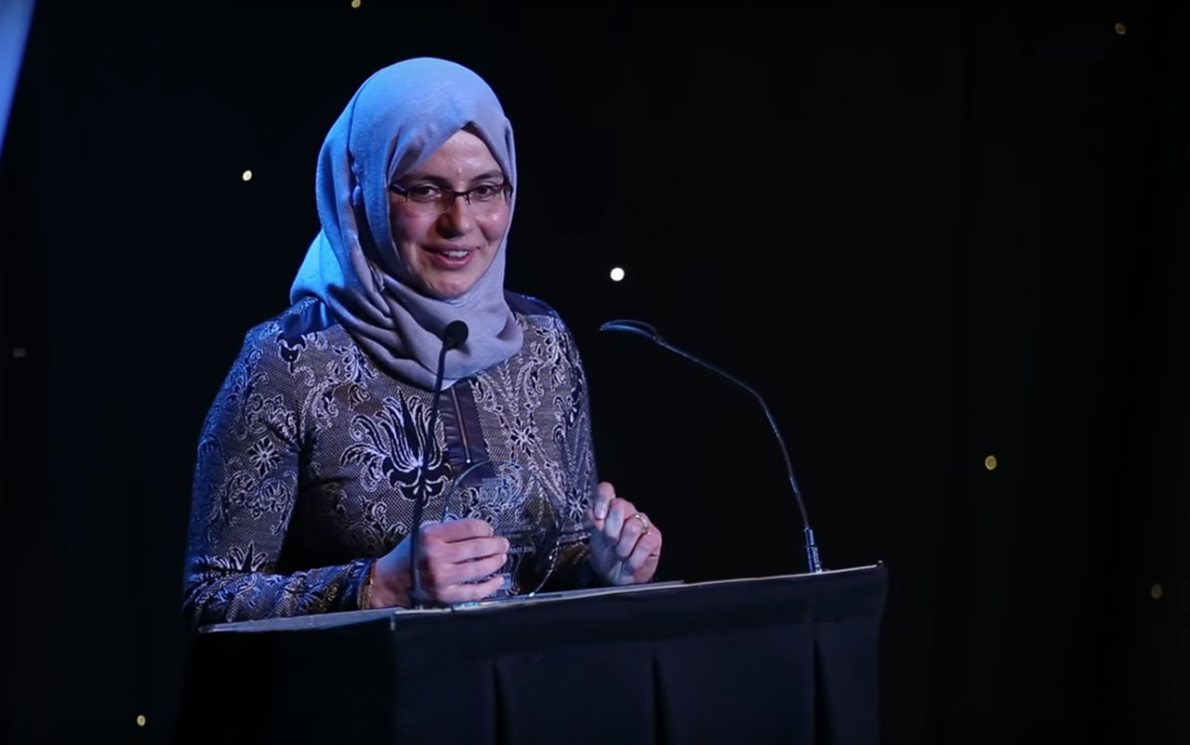
Since the start of Teaching Matters in February 2016, we have published nine videos of University of Edinburgh staff and students talking about why teaching matters to them.
Our most recent video features Professor Alan Murray, Chair of Neural Electronics and Assistant Principal Academic Support in the School of Engineering.
Alan’s approach to teaching, which includes playing guitar in his lectures, is based on using analogy and learning technology tools to enhance the effectiveness of his teaching. He says:
“At the end of lecture like the one you saw, I hope I’m sending students out feeling they’ve had fun. It was worth being with me for 50 minutes, and it actually wasn’t boring. I’d also like them to feel that they’ve learned some stuff, and more importantly, they’ve not learned some stuff and they want to learn more. So I’d like to send them out with knowledge that they’ll hopefully build on by performing tutorials, by using the tools I’ve given them for simulation.”
Professor Susan Rhind, Chair of Veterinary Education, introduces various teaching innovations currently under way in The Royal (Dick) School of Veterinary Studies, including 3D printing of animal skulls in a collaboration with Edinburgh College of Art, and student-produced videos to induct new students to particular skills.
On the theme of assessment and feedback is Dr Heather McQueen’s video showcasing an innovative two-part assessment she developed for her students in the Biological sciences.
Following individual tests taken under exam conditions, students then resit the test as a group effort, with the group results contributing to the student’s scores. Students reported that the peer learning aspect of the assessment meant they had an additional chance to learn from each other.
Dr Simon Riley in Biomedical Sciences and Professor Graeme Laurie in the Edinburgh Law School talked about their practical approaches to learning and teaching.
Simon Riley relates the way he used practical sessions to complement lectures and help students to think through the material and engage. He comments:
“And it’s remarkable when you just hit the nerve right. There’s that kind of get it moment. They’ll see it again somewhere, and you’ll reinforce some knowledge or something. And you just see it in their eyes this kind of like light bulb moment when they get a concept, and that’s really exciting.”
Graeme Laurie considers practical teaching to be helpful in encouraging students to take responsibility for their own learning. Describing a course where students take responsibility for teaching presentations, Laurie argues that the approach fosters deep learning for his students.
Two videos made by student film-makers have documented key events in the University of Edinburgh teaching calendar: Innovative Learning Week and the EUSA Teaching Awards.
Featuring Professor McAra, Assistant Principal Community Relations, the Innovative Learning Week video focuses on community engagement and experiential learning. It features contributors from various events during the week. Defining the terms, McAra comments:
“…community engagement is where students can do work of benefit to the community as part of their degrees, for credit within their degrees. And experiential learning is where they bring together skills and knowledge, so essentially they are learning through doing.”
The video created at the EUSA Teaching Awards features interviews with shortlisted teachers and the students who nominated them, sharing their views on what makes good teaching. Those featured described good teaching variously as “rock-climbing”, “being open to the things you know and also what you don’t know” and “that it’s the whole group working together to take a journey and to learn something.”
Dr Richard Milne, in the School of Biological Sciences, shares what he thinks makes a good teacher, sharing his personal approach to learning. He says:
“As a teacher I have the opportunity to teach, inspire and help thousands of young people, some of whom could go on to be research leaders. I think to take young people and help them to become the best that they can be, I think that’s a great calling and it should not be underestimated how important it is. It’s exciting, all these young faces starting their journey through university, and also a new stage on their journey through life. But I, especially as a first year teacher, think it’s a real honour to be there towards the start of their university careers and have a chance to inspire and influence them and make them better at what they do and what they’re going to do.”
Professor Siân Bayne, who teaches and researches in the field of digital education and online distance learning, shares a similar view of teaching in her video.
“To me teaching is the single most important thing that we do, I think it’s really important that as academics we put teaching at the kind of core and heart of our work. … I think for me, I’m particularly lucky because my teaching is directly in my area of research and for us it actually doesn’t make that much sense to make a distinction between research and teaching because research in education makes no sense if you’re not also practising education and practising as a teacher.”
Check out all of our videos along with transcripts on the Teaching Matters website.


